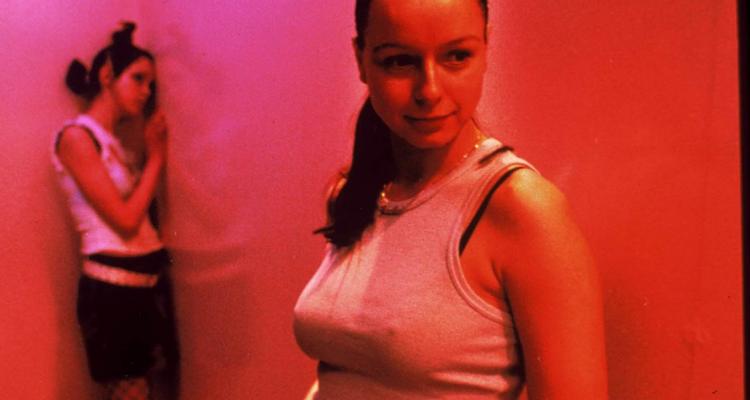Since her evocative “Ratcatcher” in 1999, director Lynne Ramsay has delivered nothing short of oblique masterpieces each time up at bat. Ramsay’s recent film, the visceral and gripping, “You Were Never Really Here” with Joaquin Phoenix, continues the tradition of crafting sensory experiences that leave an audience bowled over. The film also points to the constant preoccupations of Ramsay’s stories. Often fusing trauma and death, Ramsay’s films are quiet and melancholy, involving the impermanence of mortality in various ways. But for Lynne Ramsay, death is only the beginning.
In a video essay from Fandor, we get a meditation on Ramsay’s preoccupation with death. In each of her films, Lynne Ramsay approaches death differently. Whether it’s an accidental drowning at the onslaught of “Ratcatcher,” a suicide in “Morvern Callar,” or the traumatizing murders in “We Need To Talk About Kevin,” Ramsay has made a glorious career out of examining death and how we handle trauma and grief.
READ MORE: Lynne Ramsay On ‘You Were Never Really Here’; How Joaquin Phoenix Might Be Her “Soulmate”
“You Were Never Really Here” is Ramsay’s most recent crowning achievement. Its whole story is soaked in blood and lies, but Ramsay gives her character Joe a more profound, and wrenching personal struggle far beyond just finding the young kidnapped girl that sparks its plot. Joe’s traumatic experiences are an innate part of his character, and the way Joaquin Pheonix takes that on as part of his very being is arresting to watch.
When talking about Pheonix, Ramsay said, “He’s just a genius. With him, it’s about finding a way that feels right by going with instinct.” The video essay doesn’t discuss her latest at length, but it’s the latest in the relatively short line of films that makes death more than just a part of life; it sews it into the delicate fabric of its skin.

